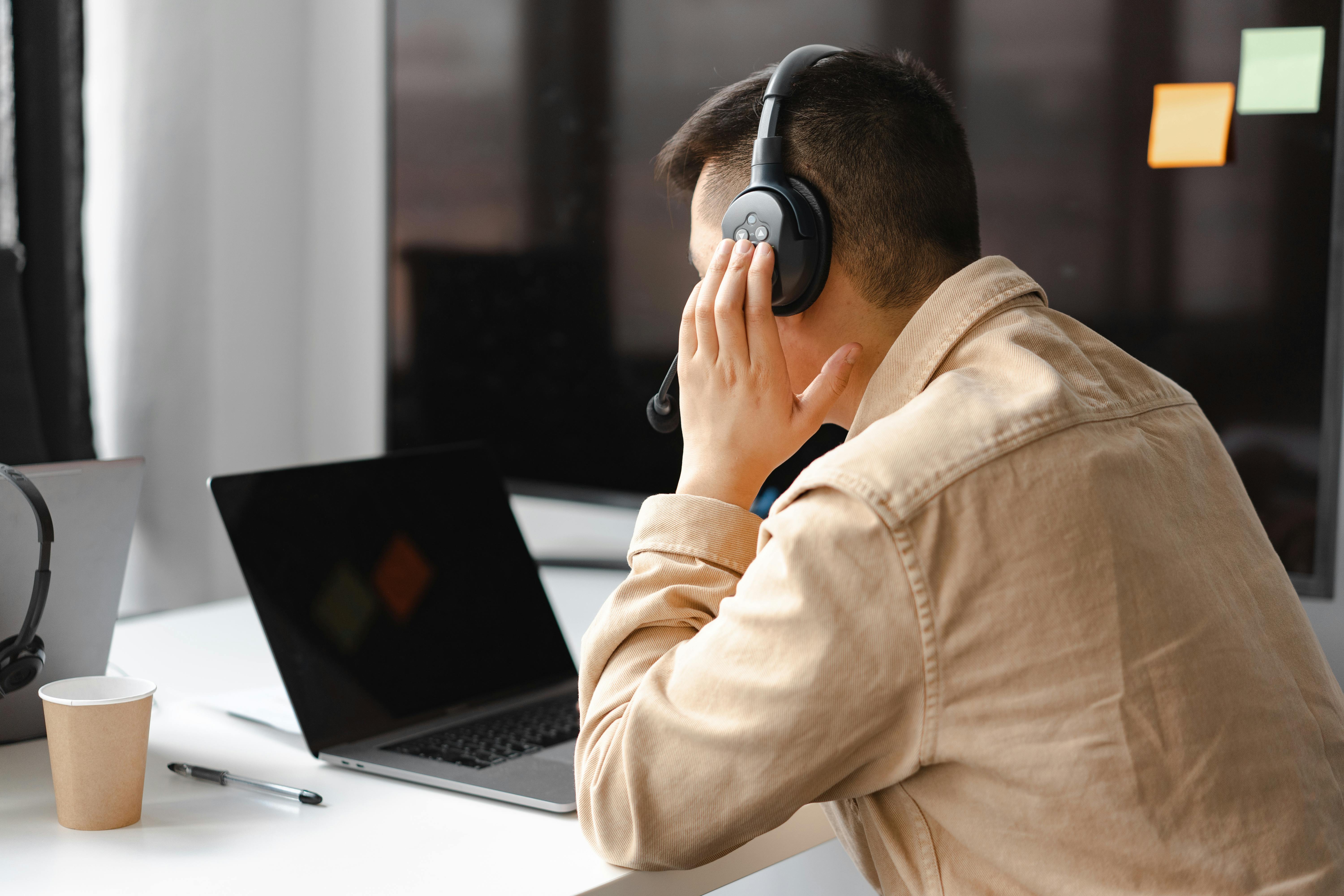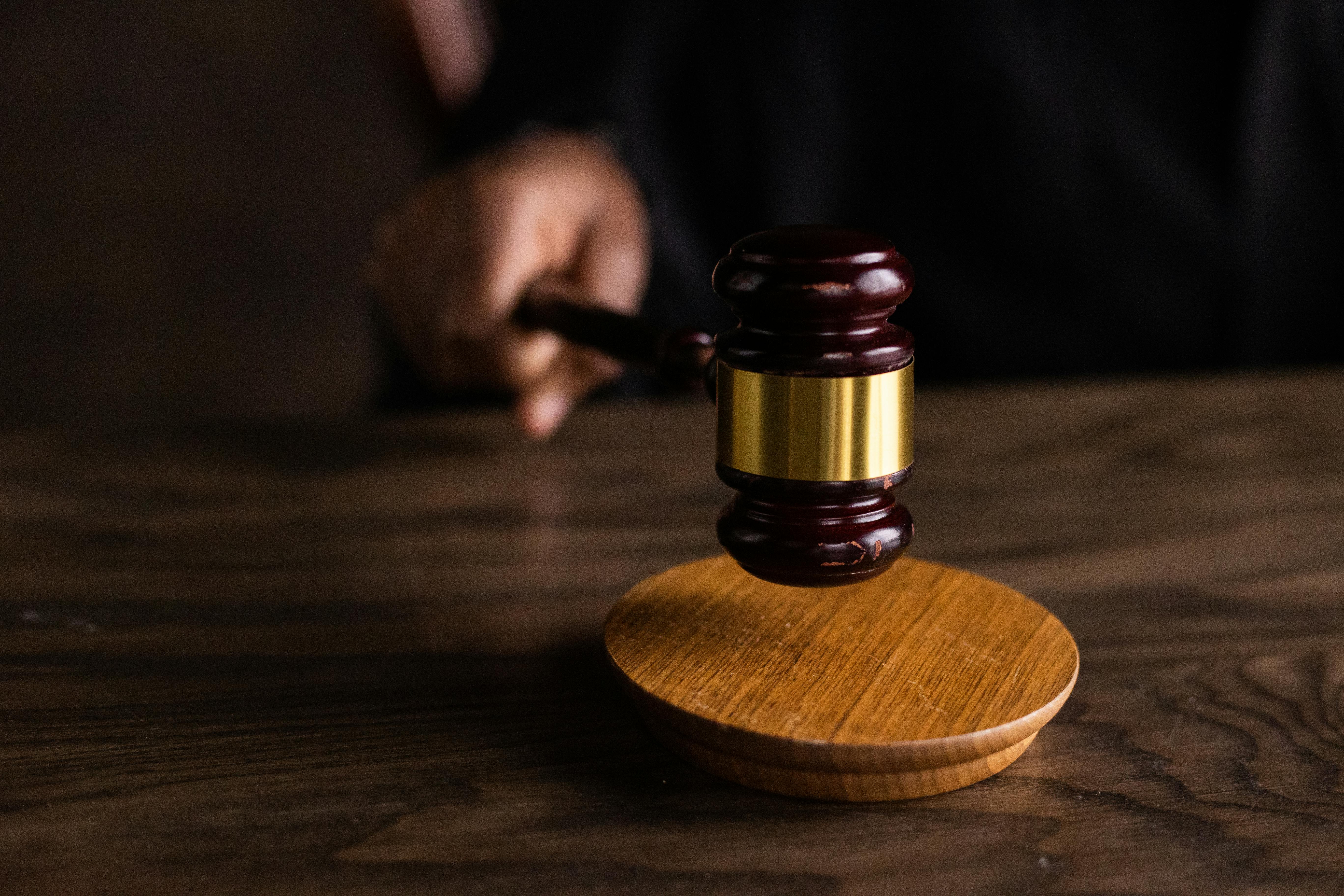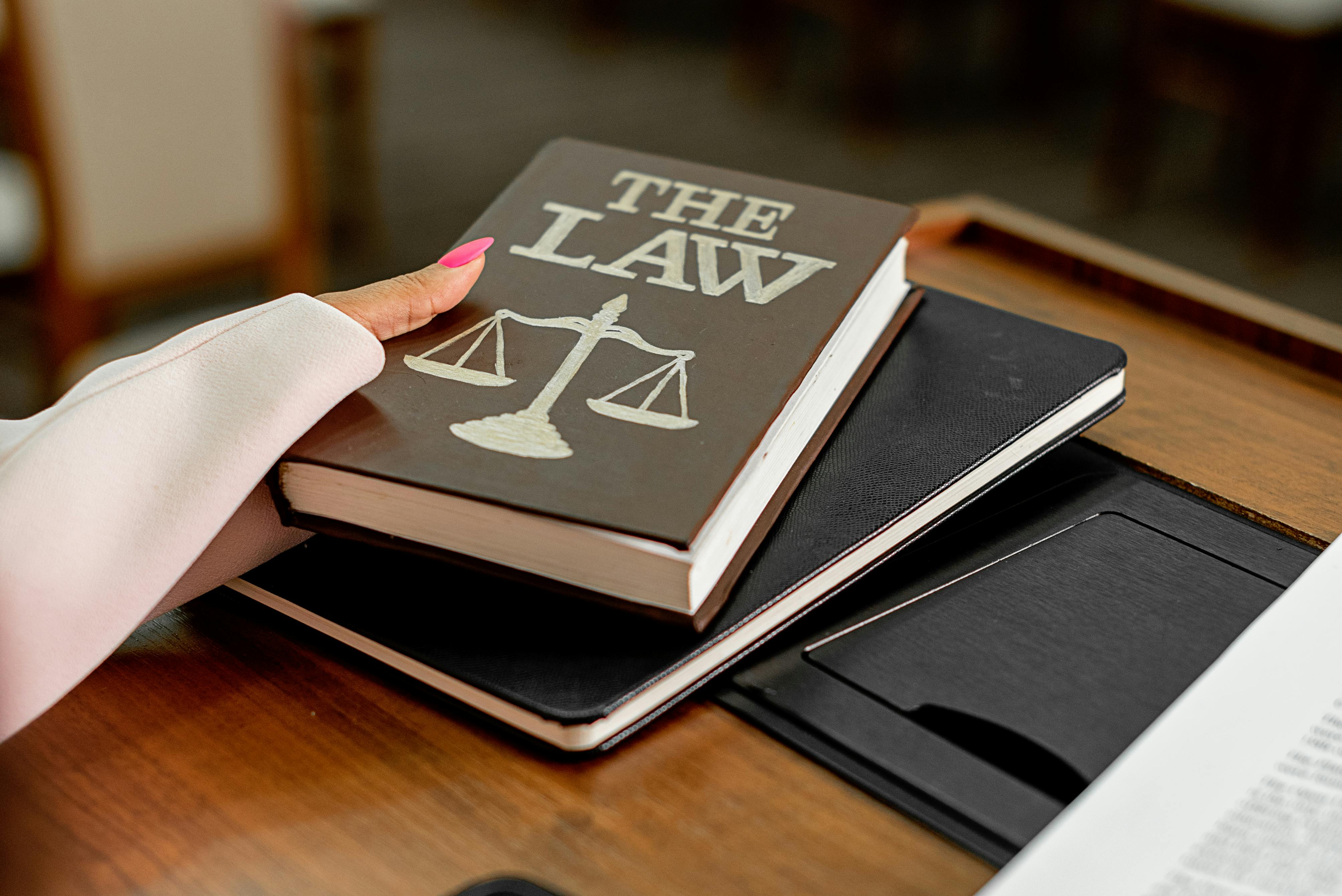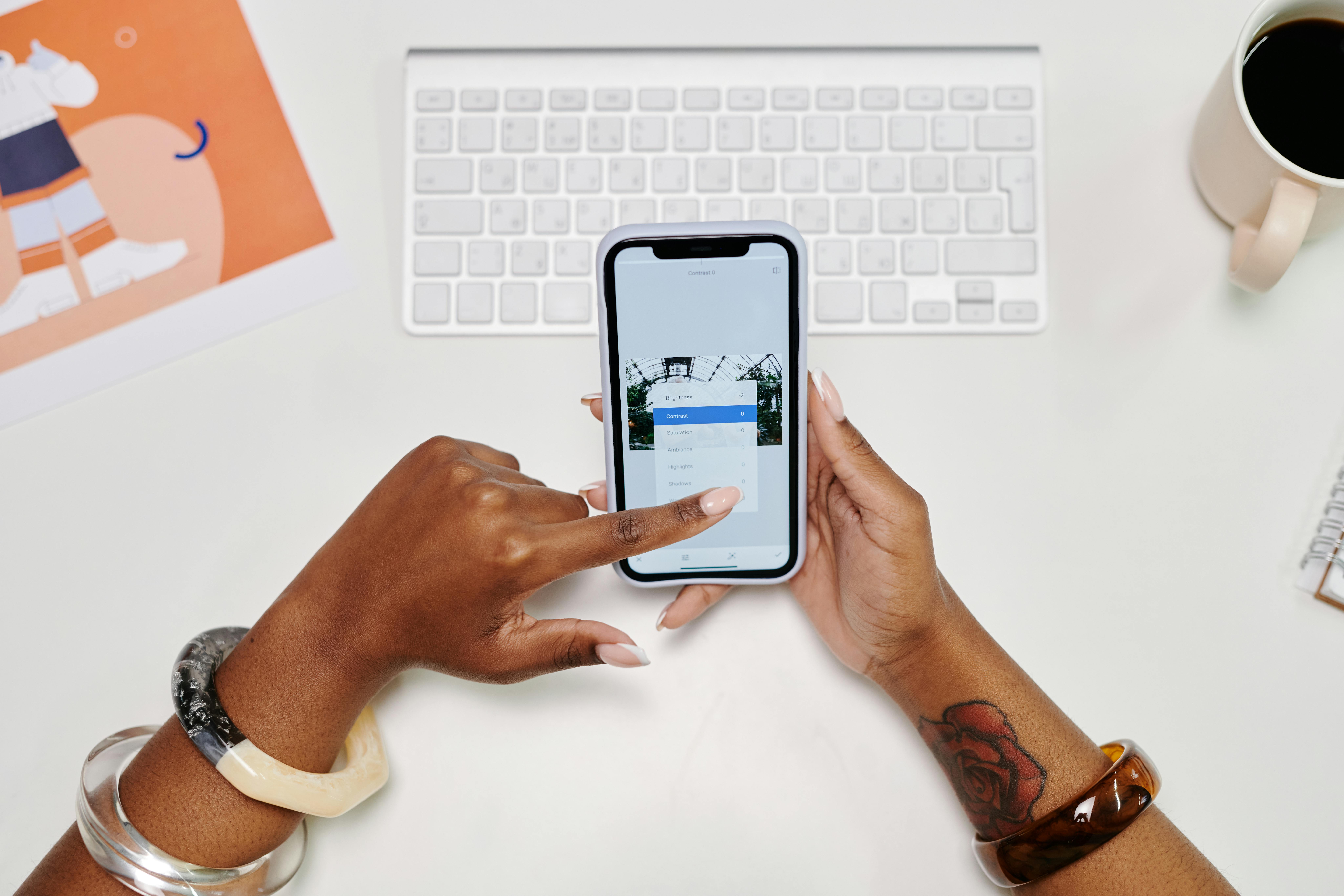Mobile technology has revolutionized daily life from managing finances and healthcare to shopping and staying connected. But for millions of people with disabilities, inaccessible mobile apps remain barriers to independence and inclusion.
When a business’s app excludes users due to poor accessibility design, it can violate the Americans with Disabilities Act (ADA). This is where a mobile accessibility attorney becomes an essential ally, helping individuals assert their rights, challenge digital discrimination, and push for lasting accessibility reform.
Key Takeaways
- The ADA protects your right to access mobile apps and digital services equally.
- A mobile accessibility attorney helps document violations, file claims, and enforce compliance.
- Legal action can lead to app remediation, damages, and long-term accessibility monitoring.
- Partnering with an ADA attorney in New Jersey offers both federal and state-level protections.
- Every case contributes to broader awareness and lasting digital inclusion.
Your Legal Right to Equal Access in Mobile Applications
The right to access mobile applications is protected by law, which requires businesses that serve the public to make their services usable for all individuals, including those with disabilities.
This means that mobile apps, just like physical spaces, must provide equal access. Whether it’s a banking app, retail store, or telehealth platform, users must be able to perform essential functions such as logging in, reading content, making payments, or communicating with customer support.
When these functions are blocked by inaccessible design for instance, missing screen reader labels or non-captioned videos, users are being denied the same digital access that others take for granted.
How Attorneys Turn Accessibility Barriers into Legal Action
A mobile accessibility lawyer focuses on translating your personal experience into a legally enforceable claim. Here’s how the process typically works: each step is designed to protect your rights and strengthen your case.
1. Case Evaluation and Legal Standing
The attorney begins by reviewing your experience in detail, determining whether the issue qualifies as an ADA violation and whether the business meets the legal definition of a “public accommodation.”
2. Accessibility Testing and Evidence Building
To prove noncompliance, attorneys collaborate with accessibility experts to perform audits, screen reader tests, and technical reviews based on Web Content Accessibility Guidelines (WCAG). This step creates the factual foundation of your claim.
3. Demand for Compliance
In most cases, the attorney issues a formal demand letter to the business, outlining the ADA violations and required corrections. Many companies respond by committing to accessibility upgrades and settlements before litigation becomes necessary.
4. Litigation and Court Representation
If negotiations fail, your attorney files a lawsuit in federal or state court. This legal action seeks both injunctive relief (forcing the company to fix accessibility issues) and, when applicable, compensation under state laws such as the New Jersey Law Against Discrimination (NJLAD).
5. Long-Term Monitoring and Advocacy
Even after a case is resolved, a good attorney ensures follow-through monitoring compliance, enforcing agreements, and advocating for broader digital inclusion beyond one case.
Why Legal Representation Matters in Mobile Accessibility Cases
Accessibility lawsuits can be technically complex, often involving a combination of web development standards, usability testing, and evolving case law. A mobile accessibility attorney bridges that gap, translating legal obligations into actionable solutions.
They understand not only the ADA’s core principles but also the nuances of mobile accessibility law, where touch interfaces, screen readers, and device compatibility all come into play.
Working with an attorney ensures that your case is framed correctly, supported by expert evidence, and directed toward achieving both personal justice and systemic change.
How ADA Attorneys in New Jersey Strengthen Your Case
For individuals in New Jersey, partnering with an ADA attorney in New Jersey offers an added layer of protection. While the ADA provides national coverage, New Jersey’s Law Against Discrimination (NJLAD) adds strong state-level enforcement tools.
This allows attorneys to pursue dual claims — one under federal law for accessibility violations and another under NJLAD for damages related to discrimination. The result is a more powerful and flexible legal strategy that increases your chances of achieving meaningful remedies.
What to Expect When Working with a Mobile Accessibility Attorney
Many clients worry that legal action will be stressful or confrontational. In reality, most ADA cases follow a structured and collaborative process designed to resolve issues efficiently.
Here’s what you can typically expect:
- Confidential Consultation: You’ll explain your experience and discuss potential claims.
- No Upfront Legal Fees: Many attorneys handle ADA cases on a contingency or fee-shifting basis, meaning you pay nothing unless the case succeeds.
- Open Communication: You’ll receive updates on negotiations, filings, and outcomes.
- Constructive Outcomes: Most cases end in settlements that require accessibility improvements, benefiting both the plaintiff and the broader community.
Beyond Legal Wins: The Broader Impact of Accessibility Advocacy
Each accessibility case sets a precedent not just legally, but socially. Lawsuits encourage developers and businesses to prioritise inclusive design from the start. They also empower others in the disability community to speak up when their rights are ignored.
Through consistent legal advocacy, mobile accessibility attorneys are driving a cultural shift where inclusivity is becoming standard practice in the digital world. Every case moves society closer to an environment where equal access is a right, not a request.
Take Action: Protect Your Digital Rights Today
If you’ve been denied access to a mobile app because of accessibility barriers, you have the right to take action. Legal representation can make the difference between temporary frustration and lasting change.
Contact our firm today for a free consultation with a mobile accessibility attorney. Together, we can protect your rights, promote equal access, and hold businesses accountable for ADA compliance.
Frequently Asked Questions
1. What qualifies as an ADA violation in a mobile app?
Any design flaw that prevents users with disabilities from accessing or using an app’s features may be considered a violation of the ADA. Even a single inaccessible element—such as missing screen reader labels or non-captioned media—can be enough to trigger legal accountability.
2. How do I know if I have a valid claim?
A mobile accessibility attorney can assess your experience, gather technical evidence, and determine if your case meets ADA or NJLAD standards. They will also advise you on the strength of your case and outline the most effective legal strategy for achieving a successful outcome.
3. Do businesses often settle these cases?
Yes. Many prefer to settle quickly by agreeing to accessibility fixes and fair compensation rather than face prolonged litigation. Settlements often include legally binding commitments to improve mobile accessibility and implement long-term monitoring.
4. Can accessibility lawsuits improve other apps, too?
Absolutely. Each lawsuit raises awareness and motivates other businesses to audit and enhance their mobile platforms. These legal actions often set industry-wide precedents, leading to broader accessibility improvements that benefit millions of users.





